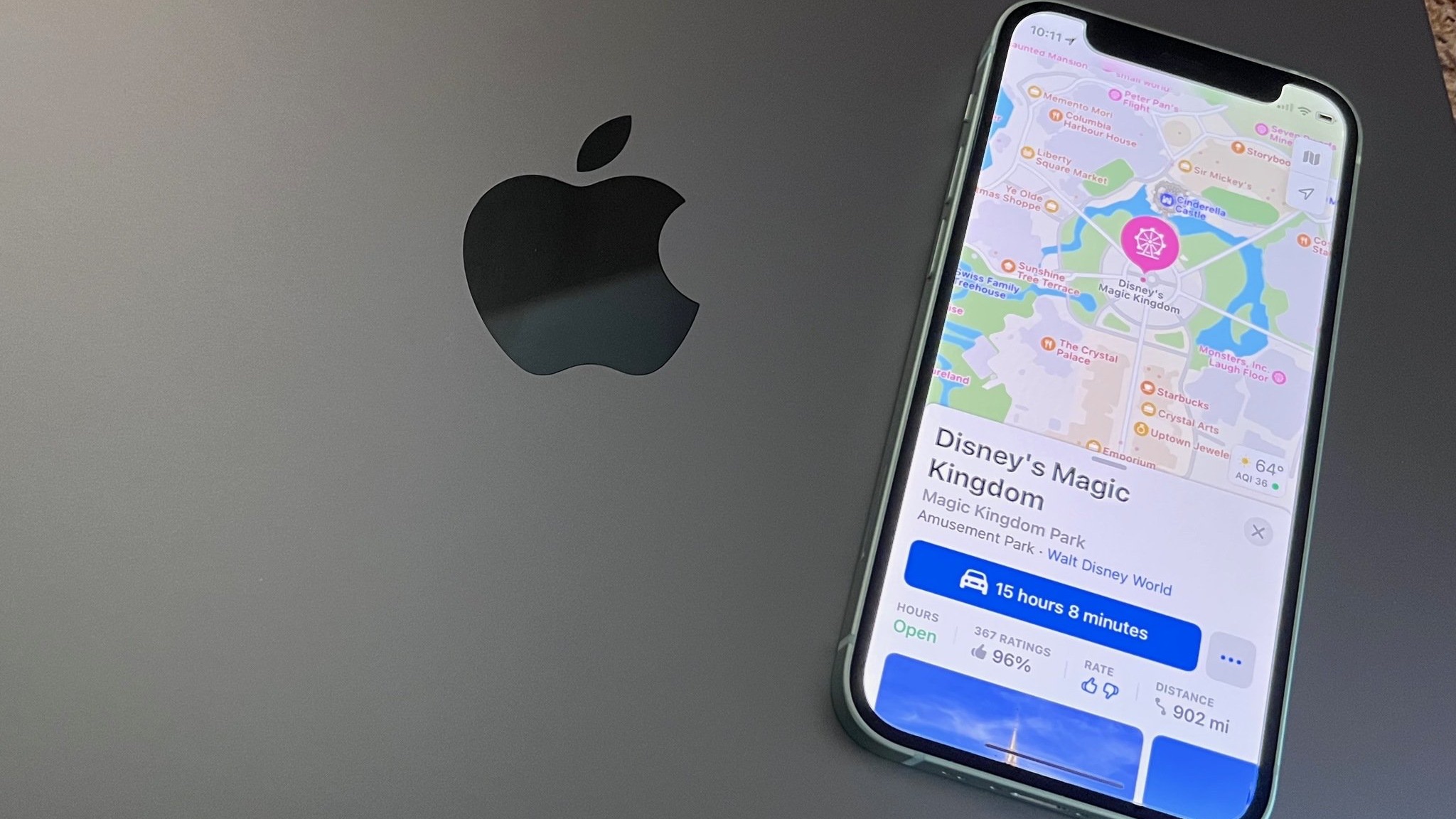Secret iOS 16 restrictions could use your location to limit which features you can use
Some features could be locked out if you're in the wrong place.

Apple has reportedly added a new capability to iOS 16 that could limit some features from working or being visible at all depending on the geographic location of the iPhone.
The change was apparently added as part of the iOS 16.2 update but there's been no mention of it to date. However, a new report says that the release stealthily added the feature that will look at multiple kinds of location-identifying data.
While Apple already limits access to some features in some countries, this could give the company more power. It could also mean that features could be removed from iPhones when they visit another country — one example could include losing access to FaceTime or VPN connectivity when visiting parts of the world where they are not allowed, for example.
Access denied
This is all according to a new 9to5Mac report that mentions a new system that Apple calls 'countryd'. It reports that while countryd has not been actively used so far it will be able to combine information including a GPS location and even information gleaned from a SIM card or the Wi-Fi network that a device has been connected to.
Apple normally limits features based on the country that a device is sold in. That means that people can often get around those restrictions by buying iPhones from elsewhere and importing them. This new countryd feature could prevent that, allowing Apple to block features on any device once it is used in specific countries.
If this is accurate there will seemingly be no way to bypass these locks. Even the best iPhone will be at the mercy of countryd.
As for why this could be implemented, it's suggested that Apple could be getting ready to allow third-party app stores as part of the iOS 17 release later this year. That will be at the behest of new EU laws and it's possible Apple could want to only allow third-party app stores in EU countries, something made easier with this kind of feature lockout capability.
iMore offers spot-on advice and guidance from our team of experts, with decades of Apple device experience to lean on. Learn more with iMore!

Oliver Haslam has written about Apple and the wider technology business for more than a decade with bylines on How-To Geek, PC Mag, iDownloadBlog, and many more. He has also been published in print for Macworld, including cover stories. At iMore, Oliver is involved in daily news coverage and, not being short of opinions, has been known to 'explain' those thoughts in more detail, too.
Having grown up using PCs and spending far too much money on graphics card and flashy RAM, Oliver switched to the Mac with a G5 iMac and hasn't looked back. Since then he's seen the growth of the smartphone world, backed by iPhone, and new product categories come and go. Current expertise includes iOS, macOS, streaming services, and pretty much anything that has a battery or plugs into a wall. Oliver also covers mobile gaming for iMore, with Apple Arcade a particular focus. He's been gaming since the Atari 2600 days and still struggles to comprehend the fact he can play console quality titles on his pocket computer.
